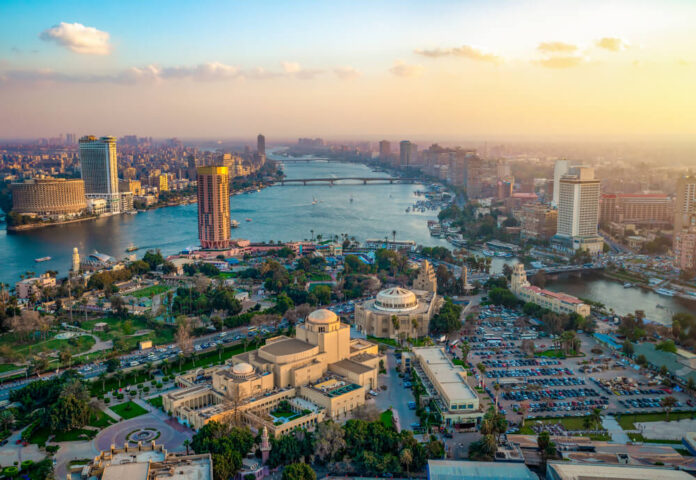Business conditions in Egypt contracted further in July, albeit at a slower pace than the previous month’s two-year low, due to a decrease in output and new orders as inflation and shortages continue to put pressure on supply, a study conducted by S&P Global showed on Wednesday.
The seasonally adjusted S&P Global Egypt Purchasing Managers’ Index (PMI), which gives an overview of non-oil private sector operating conditions, rose slightly to 46.4 from June’s two-year low of 45.2. Egypt PMI remained below 50.0, the mark that separates growth from contraction.
“The rate of contraction eased since June but was still sharp as several panellists found that rising prices led to a drop in client spending,” S&P Global said in a statement adding that the decrease was seen across all four sectors that were surveyed namely manufacturing, construction as well as wholesale & retail and services.
“While output continued to fall in response to weakening new orders, the rate of contraction slowed for the first time since April,” David Owen, an economist at S&P Global Market Intelligence said in the statement.
S&P Global said that in addition to weakening demand, survey respondents continued to highlight that raw material shortages had constrained their capacity. The respondents linked the shortages and increase in cost to the economic impact of the pandemic, Russia’s war in Ukraine and a stronger US dollar.
Egypt has been ramping up efforts to fight inflation, including the central bank’s decision to devalue the local currency in March as it reels under new financial pressure from the war in Ukraine.




